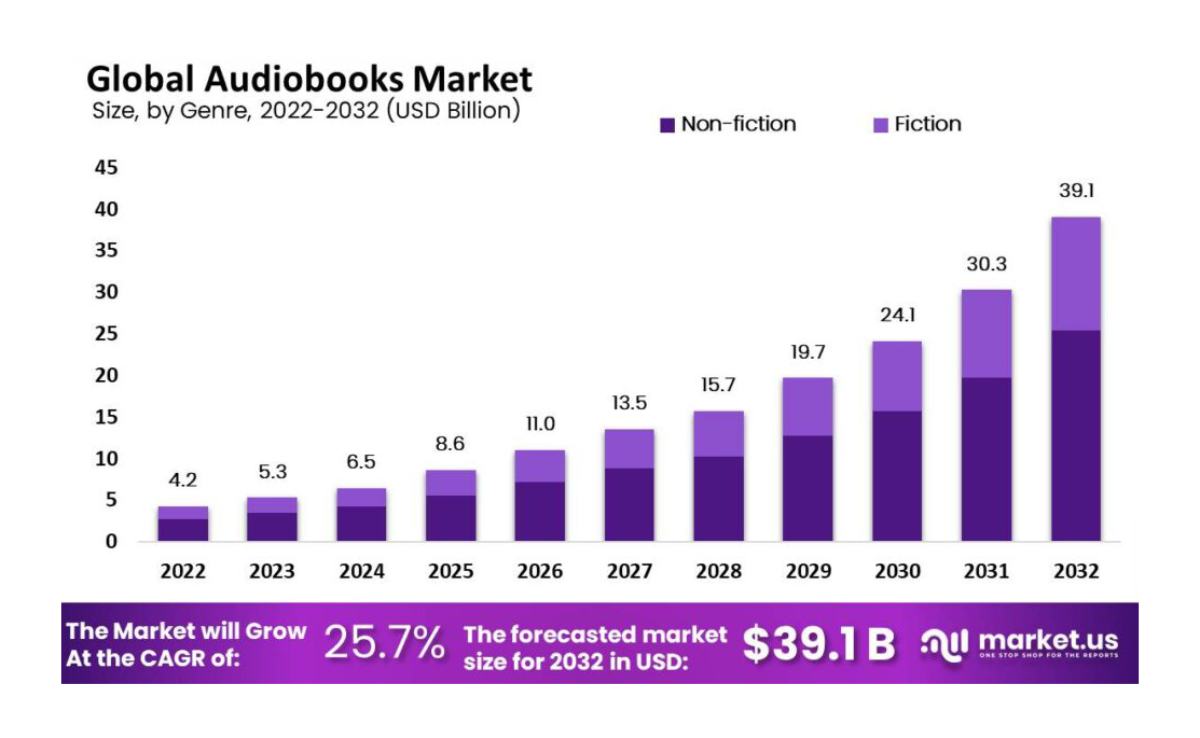
Springer Nature released the first ever machine-generated book. It was compiled using a computer algorithm developed by Goethe University researchers in Frankfurt, Germany.
The first machine-generated book is here… and it’s not exactly a page turner.
Lithium-Ion Batteries: A Machine-Generated Summary of Current Research provides an overview of the latest trends of lithium-ion batteries research, summarizing more than 150 research articles published from 2016 to 2018. The book is available online as a free download.
The “writing process” of the book included analyzing text content, selecting and processing relevant peer-reviewed publications from content platform SpringerLink, and then undergoing a similarity-based clustering in order to arrange the documents thematically into coherent chapters and sections.
The algorithm, called Beta Writer, created automatically generated introductions, tables of contents and reference section, drawing mainly from the field of computational linguistics – a statistical or rule-based modeling of natural language. It also included hyperlinks to original research papers for anyone wishing to dive deeper on a particular subject.

Artificial intelligence has been developing rapidly in the last couple of years – there are algorithms that can make pizza, beat professional gamers, or even help sorting cucumbers.
The output of these bots, however, is still quite limited when it comes to written word. Indeed, while reading the machine generated book, unnatural-sounding and incoherent sentences are not hard to find. Phrases like “that might consequence in substantially high emphasizes and henceforth cracking or delamination” are not only overloaded with scientific terms; they are also completely incomprehensible.
When asked about the future of machine-generated books, Hening Schoenenberger, the Director Product Data & Metadata Management at Springer Nature, commented:
While research articles and books written by researchers and authors will continue to play a crucial role in scientific publishing, we foresee many different content types in academic publishing in the future: from yet entirely human-created content creation to a variety of blended man-machine text generation to entirely machine-generated text.
He added:
This prototype is a first important milestone we reached, and it will hopefully also initiate a public debate on the opportunities, implications, challenges and potential risks of machine-generated content in scholarly publishing.
Via Springer Nature.
Keep reading:
[ef-archive number=5 tag=”news”]








Leave a Reply